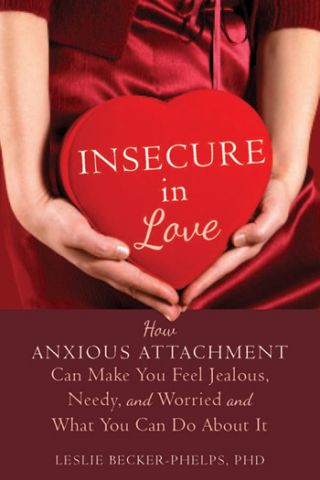Anxiety
Your Anxiety Might Be a Healthy Sign
Anxiety might be your body’s way of saying you should slow down.
Posted April 28, 2015

Feeling anxious, but don’t know why? Popular advice offers ways to get rid of it —such as by distracting yourself or simply overriding it with some relaxing breaths. But think twice before doing either of these. Anxiety is your body’s danger detection system; and it’s trying to tell you something! Ignoring or quieting it is like ignoring or disarming the smoke detector when it goes off in your house. Before doing this, it would be wise to check on what’s sounding the alarm.
While there are a number of reasons that you may be feeling anxious, one reason I frequently see in my clinical practice is unrelated to any physical or psychological problems. In fact, it’s the sign of a healthy body…though perhaps not a healthy lifestyle.
Many people who enter therapy do so because they are simply doing too much. The anxiety that they perceive as a flaw is really just their body crying, “Uncle!” Just as you can only lift so much weight at the gym before your muscles give out, the same is true with your psyche. There is only so much you can take on before you become overwhelmed.
Be honest with yourself: Have you taken on more than you can handle? If you have, it’s important to understand that this does not mean you are weak or flawed. It simply means that you are human—like everyone else. (Here’s a secret you may not believe: Everyone, and I mean everyone, has limits to what they can do.)
So, take stock. Consider whether you need to do less, or you need to reprioritize. Maybe less time watching your neighbor’s kids so that you can take some long, hot baths will do you a world of good. Or, maybe a little less work and a little more sleep each night will allow you to breathe easier. If you are a giver or a doer, such decisions are not easy. In fact, you won’t want to slow down or do less.
But if you get to the point when you cry “uncle” along with your body, remember that you do have a choice. You can do less. When this happens, it might help to keep this in mind: If you take a break, you’ll find that you regain your strength and can once again lift more weights—though you just might want to pace yourself better the next time around.
Leslie Becker-Phelps, Ph.D. is a clinical psychologist in private practice and is on the medical staff at Robert Wood Johnson, Somerset in Somerville, NJ. She is also a regular contributor for the WebMD blog Relationships and is the relationship expert on WebMD’s Relationships and Coping Community.

Dr. Becker-Phelps is also the author of Insecure in Love.
If you would like email notification of new blog postings by Dr. Becker-Phelps, click here.
Making Change blog posts are for general educational purposes only. They may or may not be relevant for your particular situation; and they should not be relied upon as a substitute for professional assistance.
Personal change through compassionate self-awareness


